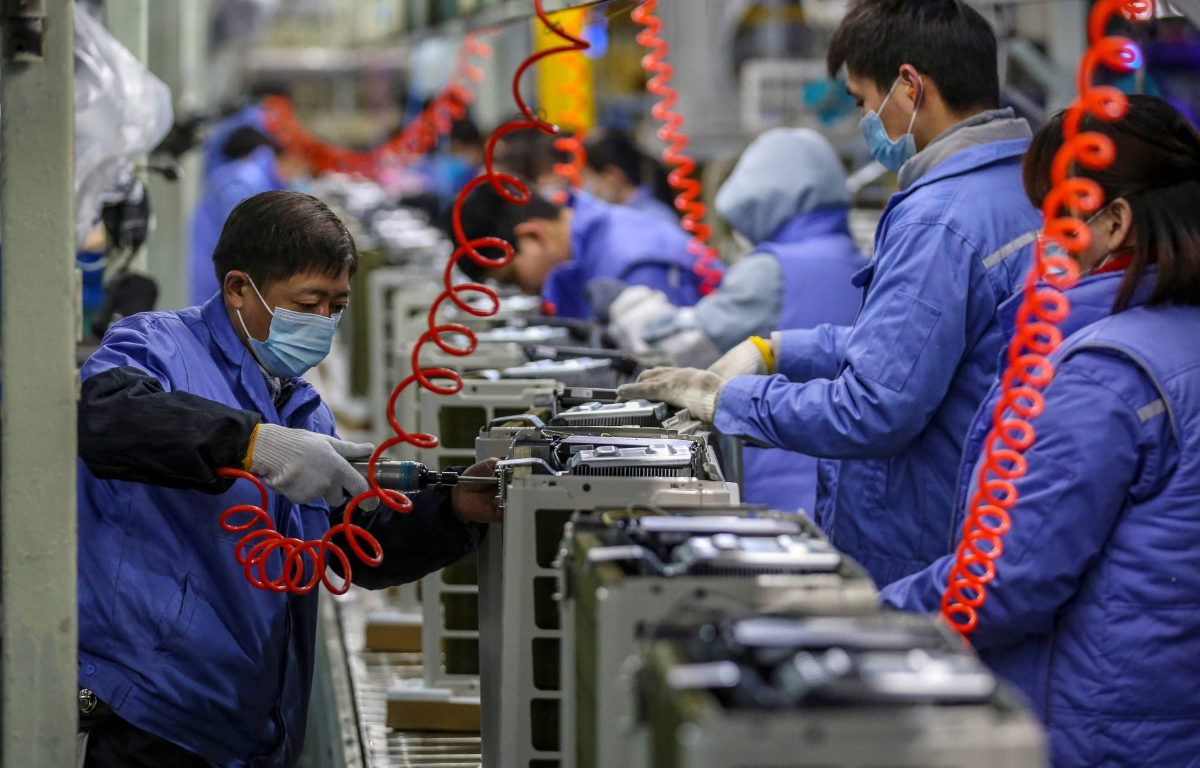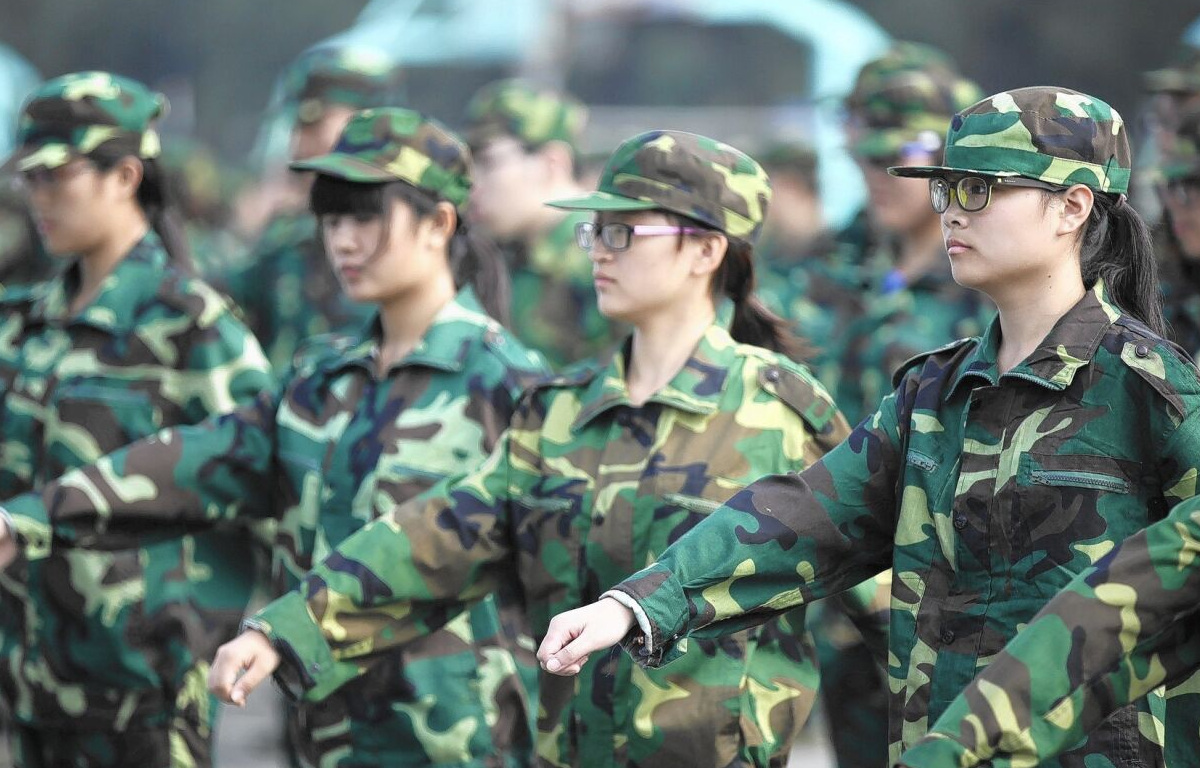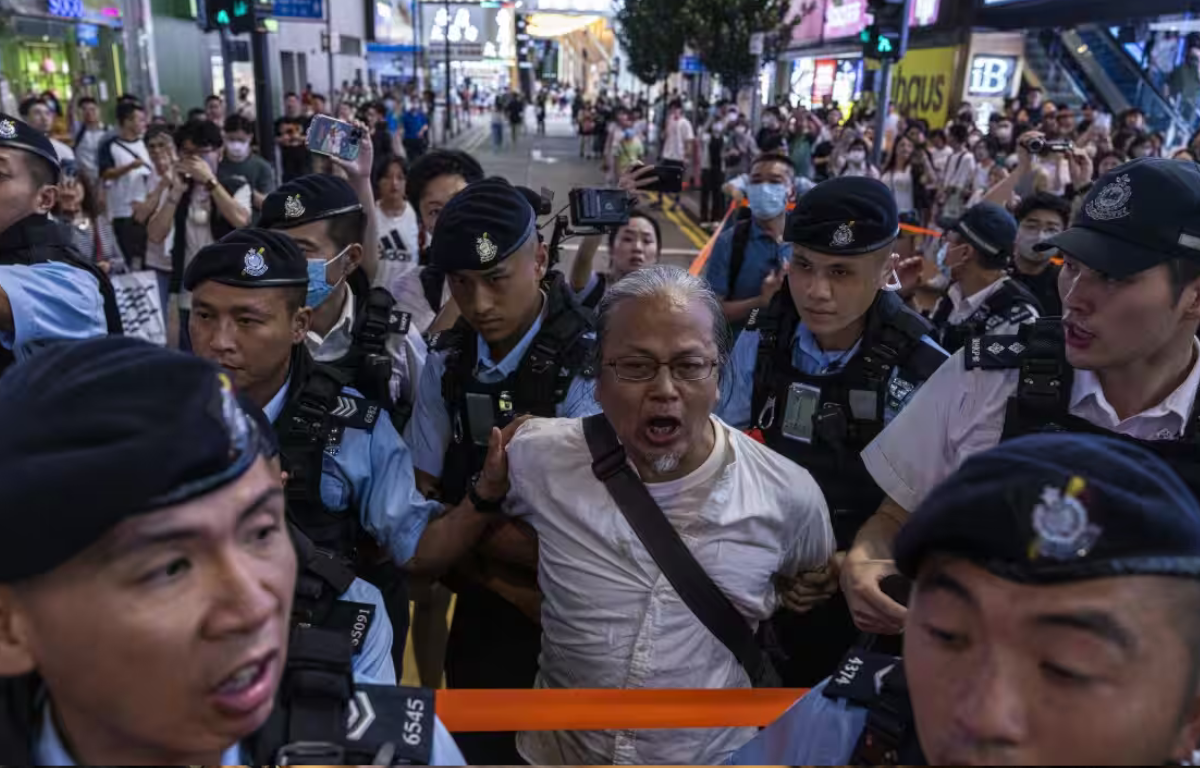
China’s remarkable economic growth has come at the cost of a mounting debt burden and an economic slowdown. The government’s efforts to pivot from an investment-led to a consumption-driven economy have met with mixed results, further exacerbated by the trade war with the United States and the impact of the COVID-19 pandemic. In response, Xi Jinping’s administration launched the “dual circulation” strategy, emphasizing domestic consumption and technological self-reliance. Successfully implementing this strategy requires navigating complex economic reforms while maintaining social stability.
China’s ascent as a global technology powerhouse has drawn international attention and scrutiny. However, Chinese tech companies face growing concerns about data security and user privacy. The government’s control over data and strict censorship policies have raised questions about potential data misuse for surveillance and geopolitical leverage. Xi Jinping’s government is working to strike a balance between technological advancement and regulations that safeguard data privacy and security, ensuring responsible use and international trust.
The handling of Hong Kong’s pro-democracy protests and China’s increased assertiveness towards Taiwan have led to political tensions both within the region and internationally. China’s implementation of the National Security Law in Hong Kong has been criticized for undermining the region’s autonomy and human rights. Regarding Taiwan, Xi Jinping has adopted a more assertive stance, refusing to rule out the use of force to reunify the island with the mainland. This approach has raised concerns among neighboring countries and the international community, potentially escalating regional instability.
China grapples with significant environmental challenges, including air and water pollution, deforestation, and climate change. The country’s rapid industrialization and urbanization have contributed to environmental degradation, posing risks to public health and economic sustainability. Xi Jinping’s administration has shown commitment to addressing environmental issues by setting ambitious climate targets and promoting clean energy technologies. However, meeting these targets while sustaining economic growth requires constant adaptation and implementation of green policies.
Xi Jinping’s leadership in China faces multifaceted challenges that necessitate adaptation and flexibility. The economic slowdown, technological competition, political tensions, and environmental issues demand strategic planning and cooperation both domestically and internationally. By fostering innovation, addressing data security concerns, and promoting sustainable development, Xi’s administration aims to navigate these challenges and uphold China’s stability and global influence. As the world observes China’s actions, the effectiveness of the leadership’s adaptation to failure will shape the country’s trajectory in the years to come.










Share this: